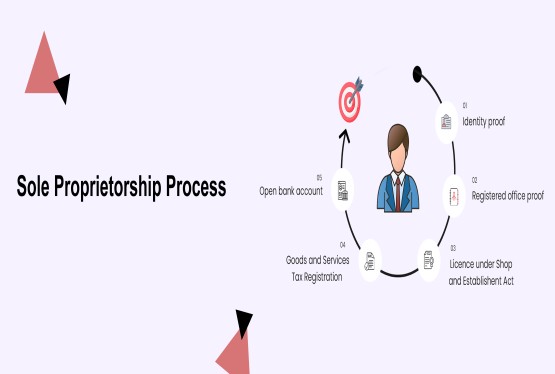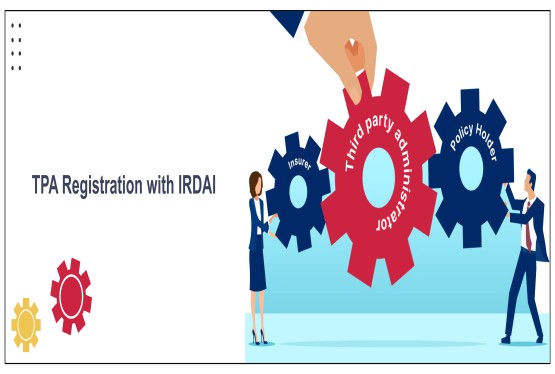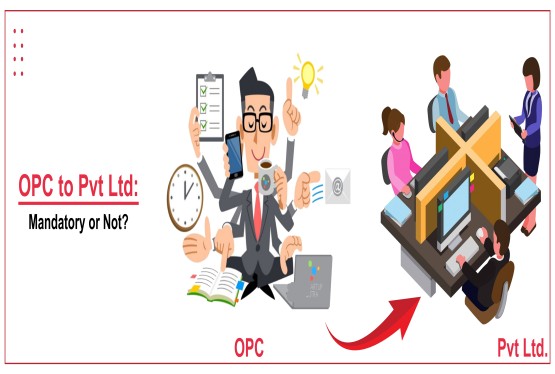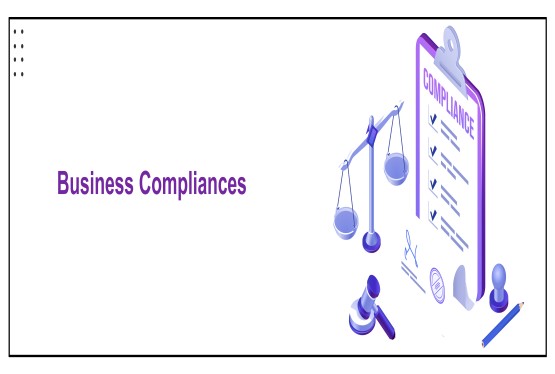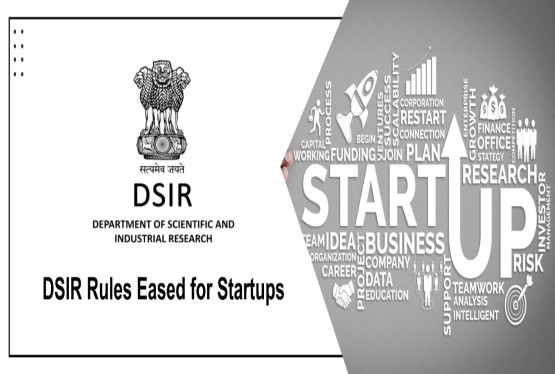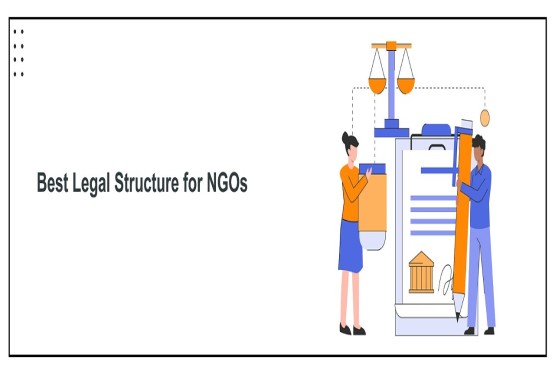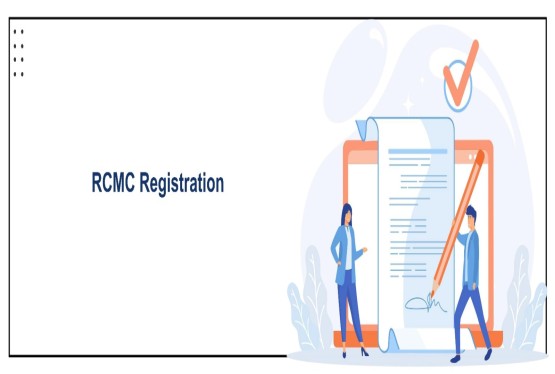India is witnessing a strong rise in the formalization of businesses, as reflected by the sharp increase in the number of newly registered companies and LLPs. The Ministry of Corporate Affairs (MCA) data in MCA Adjudication shows that July 2025 marked the seventh consecutive month of growth in company incorporations, while LLPs have seen a similar positive trend for the last five months. This uptick reflects a larger trend of economic resilience, increased entrepreneurial enthusiasm, and policy-driven confidence in India's business environment.
Surge in New Company Registrations
The company incorporation of 17,555 new companies in July 2025 an 18% rise compared to July 2024 signals sustained interest in formal business operations. This is not a one-time spike but a continuation of a 7-month-long growth streak, indicating the increasing appeal of India's corporate framework for entrepreneurs and investors. Factors contributing to this rise include better access to funding, ease of registration, digital governance, and a growing startup ecosystem.
April to July Period: A 26% Year-on-Year Jump
From April to July 2025, a total of 78,696 companies were incorporated, marking a 26% increase from the same period in the previous year. This is a significant indicator of rising confidence among business owners to legally formalize and scale their ventures. The surge can be attributed to a combination of favourable government policies, improved macroeconomic indicators, and increased participation from Tier 2 and Tier 3 cities where entrepreneurship is growing rapidly.
Rise in LLP Registrations
Limited Liability Partnerships (LLPs) offer the advantages of limited liability along with flexibility in internal management. The recent increase in LLP registrations 7,343 in July alone, up by 25% year-on-yearsuggests a growing preference among professionals, consultants, small-scale service providers, and startups. LLPs are especially popular in sectors like legal, finance, consultancy, and architecture where operational simplicity and limited compliance are preferred.
29% Growth Over Four-Month Period
During the April–July quarter of 2025, 30,411 LLPs were registered, marking a 29% year-on-year growth. This trend also suggests that smaller players, including freelancers and boutique firms, are formalizing their setups to take advantage of institutional funding, tenders, and government contracts. The LLP model is becoming the go-to structure for professionals seeking protection from unlimited liabilities while retaining operational autonomy.
Sector-Wise Registration Insights
A sector-wise analysis of new business registrations reveals the dominance of the services sector, followed by trading, manufacturing, and infrastructure-related industries.
-
Community, Social & Personal Services (56,336): These include education, healthcare, training institutes, and NGOs. This sector continues to lead, showcasing India's emphasis on development, skill-building, and wellness.
-
Trading and Business Services (35,002 each): Indicate strong domestic demand and entrepreneurial engagement in retail, wholesale, and financial consultancy.
-
Manufacturing (30,225): Reflects a gradual response to government initiatives like Make in India, PLI schemes, and other industrial policies.
-
Construction (14,191) and Transport (12,616): Show that infrastructure and logistics are becoming increasingly organized due to digital tendering, government contracts, and urban development.
This breakdown indicates not only the diversity in India’s economic activity but also the rise of service-driven entrepreneurship.
India’s Economic Outlook and Global Context
IMF Projections: India Outpacing Global Growth
The International Monetary Fund (IMF) forecasts India’s GDP growth at 6.2% in FY26 and 6.3% in FY27, while global growth averages are projected at around 3%. This puts India as one of the fastest-growing major economies in the world. Such strong forecasts have a psychological and strategic impact boosting investor confidence, encouraging FDI inflow, and attracting global companies to either invest in or partner with Indian businesses.
Investor Sentiment Driven by Optimism
The continued growth in incorporations suggests that investors are now factoring India’s macroeconomic stability, consumer market size, and policy consistency into their strategic calculations. Businesses are preparing for medium to long-term expansions, job creation, and digital innovation, signalling optimism that extends beyond short-term trends.
Global Trade Developments and Their Impact
Free Trade Agreements Boosting Confidence
India’s Free Trade Agreement (FTA) with the UK is a landmark development, as it opens up cross-border trade, eases tariffs, and enhances market access for both countries. Furthermore, India is actively negotiating FTAs with the European Union and other key economies. These agreements will not only benefit exporters but also reduce import costs for essential machinery, raw materials, and technology, boosting domestic production.
Trade Relations with the US
Although India and the US have not finalized a comprehensive FTA, both have taken proactive steps such as mutual tariff reductions. This opens the door for increased trade in services, pharmaceuticals, textiles, and technology. These developments encourage Indian businesses to build global trade strategies and explore international markets.
Regulatory Reforms and Ease of Doing Business
Reduced Compliance Burden for Startups and Entrepreneurs
India has significantly improved its business registration processes, thanks to digital initiatives such as the MCA21 portal, UDYAM registration, and Startup India recognition. Entrepreneurs can now register companies or LLPs within a few days and receive various benefits such as tax holidays, angel tax exemptions, and self-certification for labor laws under DPIIT.
Role of MCA and Startup India Initiatives
The Ministry of Corporate Affairs (MCA) has made it easier to track and manage compliance through online dashboards and integrated e-filing systems. Meanwhile, Startup India, a flagship initiative of DPIIT, offers incentives like:
-
Tax exemptions for 3 years
-
Access to government tenders
-
Credit guarantee schemes
-
Startup India Seed Fund
Together, these frameworks have led to increased registration of formal entities as entrepreneurs seek legal recognition to access government schemes and institutional investors.
Challenges and Cautions
Weakness in Industrial Output
Despite growth in services and registrations, industrial production remains underwhelming. This may reflect underlying structural issues such as land acquisition delays, power shortages, or inefficient supply chains. Without significant industrial output, long-term economic strength may be compromised, especially in job creation for semi-skilled and unskilled workers.
Uneven Sectoral Recovery
While the services and trading sectors show resilience, manufacturing, agriculture, and construction are facing challenges such as rising input costs, sluggish demand, and delayed reforms. Addressing these will be key to achieving balanced and inclusive economic development.
What This Trend Indicates
The rise in new company and LLP registrations highlights a positive shift in India’s business culture and investment environment. Entrepreneurs now see formalization as an opportunity rather than a burden. It also suggests that regulatory reforms are working and that access to information and incentives is growing.
From a policy perspective, this trend shows that India’s efforts to promote self-reliant businesses, digital transformation, and formal employment are bearing fruit. Over time, this can translate into improved tax collection, better worker protections, and more sustainable economic growth.
Key Concepts to Understand This Topic
To fully appreciate the significance of this trend, it's important to understand the following:
Business Structures:
-
Private Limited Company: Popular among startups, allows easy capital raising.
-
LLP: Suitable for professionals and service providers; offers limited liability.
-
OPC: Best for solo entrepreneurs wanting corporate structure.
Key Laws:
-
Companies Act, 2013: Governs registration, management, and compliance for companies.
-
LLP Act, 2008: Regulates LLPs, their formation, and liabilities.
Government Schemes & Platforms:
-
Startup India: Recognition and benefits for startups.
-
Digital India: Promotes online and paperless governance.
-
MCA21: Official portal for registration and compliance filings.
-
DPIIT: Issues startup recognition certificates and policy guidelines. To learn about DPIIT registration read this.
Economic Indicators:
-
GDP Growth
-
Ease of Doing Business Ranking
-
FDI Trends
-
Industrial Output and Inflation
These areas gives context to the data and helps assess the future outlook for business and economy in India.
Closing Summary
The sustained increase in company and LLP registrations in India is a strong vote of confidence in the country’s economic potential. Entrepreneurs and investors are demonstrating renewed faith in formal systems, compliance, and institutional support. While challenges remain in sectors like manufacturing and industrial output, the overall direction points toward a more formal, globally connected, and growth-oriented economy.
With continued regulatory support, rising global trade opportunities, and strong domestic consumption, India is poised to become not just the world’s fastest-growing major economy but also one of its most dynamic business destinations.
FAQ's
Q1. What does the recent increase in company registrations indicate?
Ans. The sharp rise in company registrations 17,555 in July 2025 alone reflects growing formalization of businesses in India, increased entrepreneurial activity, and confidence in government policies and economic reforms.
Q2. How many companies were incorporated between April and July 2025?
Ans. A total of 78,696 companies were incorporated during this period, marking a 26% year-on-year increase.
Q3. Which business sectors are leading in new registrations?
Ans. Top sectors include:
-
Community, Social & Personal Services (56,336)
-
Trading & Business Services (35,002 each)
-
Manufacturing (30,225)
-
Construction (14,191)
-
Transport (12,616)
Q4 What is driving the rise in LLP registrations?
Ans. LLP registrations rose to 7,343 in July 2025 (up 25% YoY), due to their flexible structure, lower compliance burden, and suitability for professionals, consultants, and small-scale service businesses.
Q5. What are the benefits of choosing an LLP structure?
Ans. LLPs offer limited liability protection, flexible internal structure, lower compliance costs, and are ideal for legal, financial, architectural, and consulting services.
Q6. What government platforms and schemes support business registration in India?
Ans. Key platforms and initiatives include:
-
MCA21 Portal: Online company/LLP registration
-
Startup India: Tax exemptions, tenders, credit support
-
DPIIT: Startup recognition and policy support
-
UDYAM: MSME registration
-
Digital India: Paperless compliance systems
Q7. How do free trade agreements (FTAs) help Indian businesses?
Ans. FTAs with countries like the UK help reduce tariffs, open market access, and lower import costs for key inputs, boosting manufacturing and trade competitiveness.
Q8. What is the impact of India’s GDP growth on business formation?
Ans. With IMF projecting GDP growth of 6.2%–6.3% (FY26–FY27), business sentiment remains positive, encouraging company formation, foreign direct investment (FDI), and long-term planning.
Q9. What are the main challenges despite rising business registrations?
Ans. Weak industrial output
-
Uneven recovery in sectors like manufacturing and agriculture
-
Structural issues such as supply chain inefficiencies and land acquisition hurdles
Q10. Why are Tier 2 and Tier 3 cities seeing more business incorporations?
Ans. Digital access, startup awareness, and localized support systems are enabling entrepreneurs in smaller cities to formalize their businesses and tap into national opportunities.
Q11. What is the role of the Ministry of Corporate Affairs (MCA) in supporting businesses?
Ans. MCA simplifies compliance through online tools, e-filing, adjudication mechanisms, and helps maintain transparency and investor confidence in business operations.
Q12. What tax and funding benefits are offered to startups?
Ans. Startups recognized by DPIIT may get:
-
3-year tax exemption under Section 80-IAC
-
Angel tax exemption
-
Access to government tenders
-
Benefits under the Startup India Seed Fund and credit guarantee schemes
Q13. What is the difference between a Private Limited Company and an LLP?
Ans.
|
Feature |
Private Limited Company |
LLP |
|
Ownership |
Shareholders |
Partners |
|
Liability |
Limited |
Limited |
|
Compliance |
Higher |
Lower |
|
Ideal for |
Startups, investor-backed companies |
Professionals, small service firms |
|
Governing Law |
Companies Act, 2013 |
LLP Act, 2008 |
Q14. What is the significance of India’s improving ease of doing business?
Ans. Simplified regulations, faster digital registrations, and government support are making it easier to start and operate businesses, encouraging more formal incorporations.
Q15. How does formalization benefit entrepreneurs?
Ans. Formalization provides access to funding, legal protections, intellectual property rights, government tenders, and better credibility with customers and investors.
Q16. What does this trend mean for India’s economy?
Ans. It reflects a stronger entrepreneurial ecosystem, improved regulatory environment, better job creation prospects, and more sustainable, inclusive economic growth.












_crop10_thumb.jpg)





_crop10_thumb.jpg)




























-Form_crop10_thumb.jpg)

_crop10_thumb.jpg)























_learn_crop10_thumb.jpeg)
































_crop10_thumb.jpg)

_crop10_thumb.jpg)





















_crop10_thumb.jpg)















_for_Foreign_Directors_learn_crop10_thumb.jpeg)




_Act,_2015_learn_crop10_thumb.jpg)



































_learn_crop10_thumb.jpg)






















